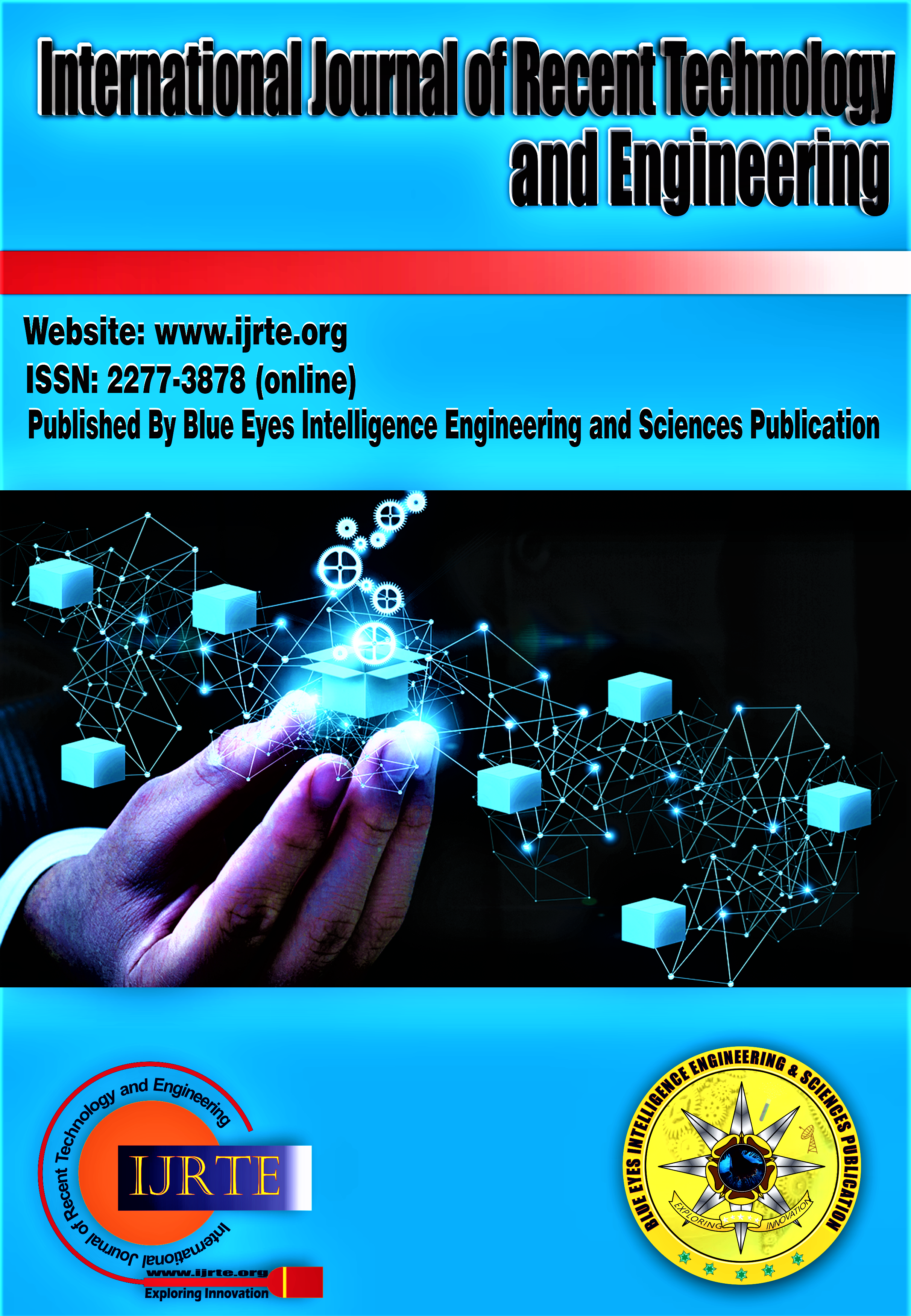Formulation and Analysis of Dragon Fruit (Selenicereus Undatus) Fermented Water Kefir: A Non-Dairy Probiotic Alternative
Main Article Content
Abstract
This study examines the development, composition, and health benefits of probiotic drinks created by fermenting watermelon rinds with dragon fruit juice. The increasing demand for non-dairy, probiotic-rich drinks is being explored for Water Kefir, a fermented beverage recognised for its high lactic acid content, low alcohol content, and favourable microbial composition. Rich in antioxidants, vitamins, and minerals, dragon fruits are an ideal substrate that provides both flavour and nutritional value. This study evaluates the physicochemical, microbiological, and sensory properties of the resulting beverage. The results show that this drink contains important probiotic activities, supported by inexpensive microbial profiles, including Lactobacillus, Bifidobacterium, and yeast species. This study utilises water fermentation with dragon fruit juice, making kefir a sustainable and nutritious alternative to probiotics, suitable for lactose-intolerant and herbal consumers, and addresses the increasing preference for non-fine probiotic options.
Downloads
Article Details
Section

This work is licensed under a Creative Commons Attribution-NonCommercial-NoDerivatives 4.0 International License.
How to Cite
References
Choi, Y.-S., et al., Splenic T cell and intestinal IgA responses after supplementation of soluble arabinoxylan-enriched wheat bran in mice. Journal of Functional Foods, 2017. 28: p. 246-253. DOI: https://doi.org/10.1016/j.jff.2016.11.025 2.
Laureys, D., et al., The type and concentration of inoculum and substrate, as well as the presence of oxygen, impact the water kefir fermentation process. Frontiers in Microbiology, 2021. 12: p. 628599. DOI: https://doi.org/10.3389/fmicb.2021.628599
Cufaoglu, G. and A.N. Erdinc, An alternative source of probiotics: Water kefir. Food frontiers, 2023. 4(1): p. 21-31. DOI: https://doi.org/10.1002/fft2.200
Pedro, R.N., et al., Nutrients, vitamins, probiotics, and herbal products: an update of their role in urolithogenesis. Urolithiasis, 2020. 48(4): p. 285-301. https://link.springer.com/article/10.1007/s00240-020-01182-x
Ho, P.L., et al., Effect of controlled atmosphere storage on the quality attributes and volatile organic compounds profile of dragon fruit (Hylocereus undatus). Postharvest Biology and Technology, 2021. 173: p. 111406.
DOI: https://doi.org/10.1016/j.postharvbio.2020.111406
Ibrahim, S.R.M., et al., Genus Hylocereus: Beneficial phytochemicals, nutritional importance, and biological relevance—A review. Journal of Food Biochemistry, 2018. 42(2): p. e12491. DOI: https://doi.org/10.1111/jfbc.12491
Makwana, M. and S. Hati, Fermented beverages, and their health benefits, in Fermented beverages. 2019, Elsevier. p. 1-29.
DOI: https://doi.org/10.1016/B978-0-12-815271-3.00001-4
Fiorda, F.A., et al., Microbiological, biochemical, and functional aspects of sugary kefir fermentation-A review. Food Microbiology, 2017. 66: p. 86-95. DOI: https://doi.org/10.1016/j.fm.2017.04.004
Laureys, D., et al., The buffer capacity and calcium concentration of water influence the microbial species diversity, grain growth, and metabolite production during water kefir fermentation. Frontiers in Microbiology, 2019. 10: p. 2876.
DOI: https://doi.org/10.3389/fmicb.2019.02876
Garofalo, C., et al., Fermentation of microalgal biomass for innovative food production. Microorganisms, 2022. 10(10): p. 2069.
DOI: https://doi.org/10.3390/microorganisms10102069
Verce, M., L. De Vuyst, and S. Weckx, The metagenome-assembled genome of Candidatus Oenococcus aquikefiri from water kefir represents the species Oenococcus sicerae. Food Microbiology, 2020. 88: p. 103402. DOI: https://doi.org/10.1016/j.fm.2019.103402
Bueno, R.S., et al., Quality and shelf-life assessment of a new beverage produced from water kefir grains and red pitaya. Lwt, 2021. 140: p. 110770. DOI: https://doi.org/10.1016/j.lwt.2020.110770





